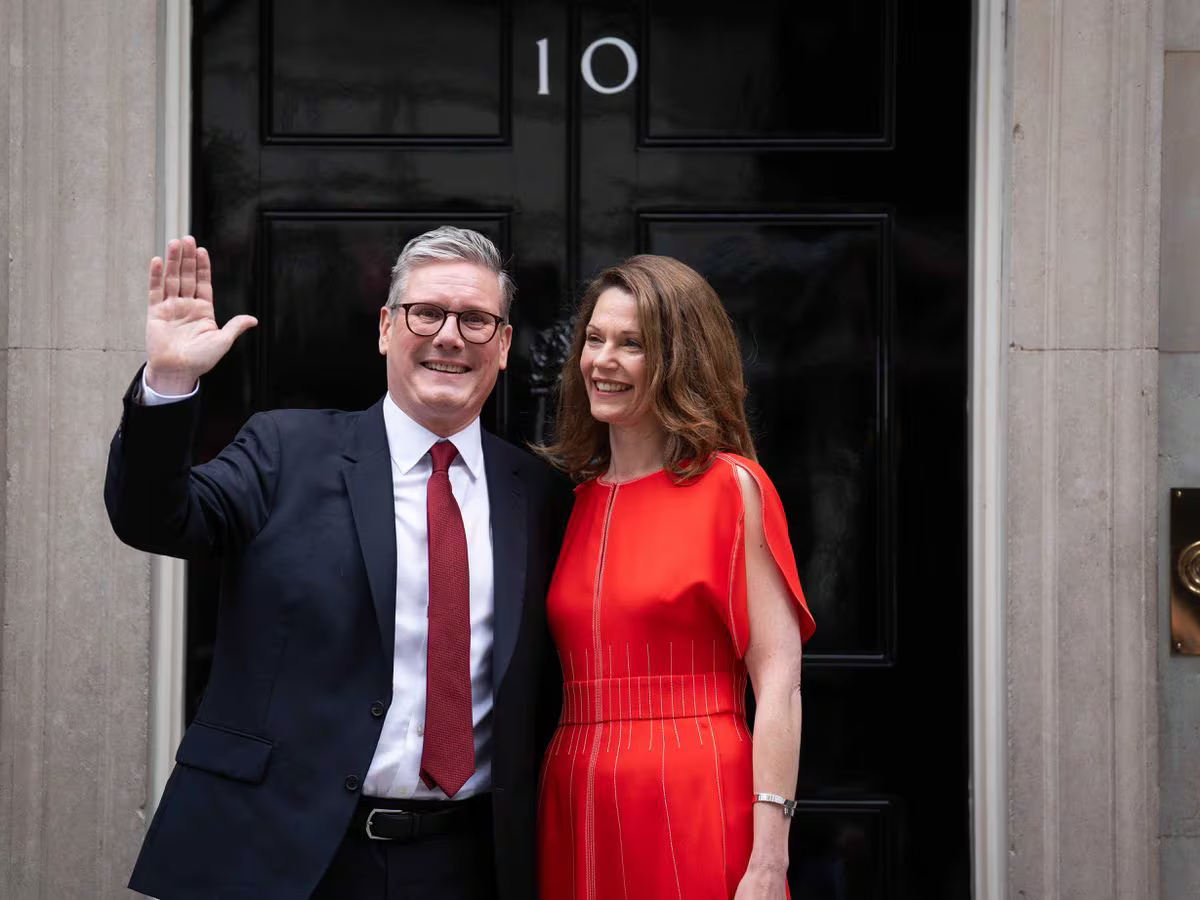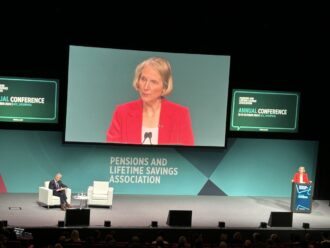In what proved to be the most expected election victory in UK political history, Keir Starmer won a huge landslide becoming only the seventh Labour prime minister in early July.
The immediate market reaction appeared positive.
In trading following the result, sterling – traditionally the best gauge of market sentiment on politics – was stronger against the dollar and flat against the euro.
FTSE100 futures rose on the London open post the result and the FTSE250 touched its highest level since April 2022.
But the verdict from investors is quite clear.
James Igoe, head of the Manchester office at investment manager Redmayne Bentley, said he hoped the result could inspire a UK stock market revival. “It is crucial the party makes the UK economy more attractive and enhances liquidity in the market, especially from overseas investors,” he said.
“Foreign investors have, for some time, considered the stock market to be a function of the UK’s leadership,” Igoe added. “As such, it has significantly suffered during times of stress, reducing allocations to UK equities and pension funds. Firms such as ARM listing abroad [on the New York-based Nasdaq] are a reflection of this in recent times.”
This has not been helped by the volatility in sterling and gilts, Igoe added. “After Liz Truss’s mini-budget in 2022, volatility in UK gilts was extremely distressing for many and some of the highest in recorded history,” he said.
And Igoe added: “A Labour government reduces the risk premium on UK stocks if it can deliver greater stability over its term in office.”
End of instability
The stability aspect is, inevitably, important for investors.
The last parliament has been dogged by political instability and uncertainty. Since the December 2019 election, there have been three prime ministers and five chancellors.
A study has found that the average post-2019 parliament cabinet minister’s tenure fell to just eight months – the lowest average over the last 50 years.
“Although governed by the same Conservative Party, this level of instability makes it difficult for companies and investors to anticipate policy changes and work with government,” said Azad Zangana, senior European economist and strategist at Schroders.
“The change in government, particularly with such a large majority, should reduce political instability for the nation,” Zangana added. “A change in the direction of policy back to growing public services is likely to lead to looser fiscal policy and boost economic growth.”
Cleaner energy and tech
Looking forward, Igoe said he expects to see an increased focus on cleaner energy with the creation of the £8.3bn Great British Energy fund and co-investing in technologies to boost the production of eco-friendly alternatives.
“This will likely mean the demand for nuclear power will surge. However, these environmentally-friendly approaches are a potentially positive step for UK commerce,” Igoe added.
Given the party’s pledge to build 1.5 million new homes, this will present a huge number of opportunities in the housing sector. “We expect this will take time to deliver, given the constraints around planning and the pricing dynamics of land and materials. This may continue to impact on the ability of housebuilders to deliver new housing targets,” Igoe said.
“Ultimately, it is vital the new government rapidly revitalises the stock market, attracts companies to list in the UK, and delivers true economic growth to underpin domestically-represented businesses,” Igoe added.
Zangana said a key priority for investors. “Reforming the planning system and making the UK a more attractive destination for foreign direct investment should be top of the government’s priorities,” he said.
A question of rates
The stability of the Labour government could have wider implications for economic levers to kick in. “We expect the Bank of England (BoE) will start cutting rates soon, possibly at the next meeting in August,” said Peder Beck-Friis, an economist at Pimco.
“Going forward, financial markets expect the BoE to cut interest rates broadly in line with the US Federal Reserve. However, we see potential for faster cuts in the UK due to low growth and tight fiscal policies,” he added.
Given this, Beck-Friis said: “We believe gilts are trading at attractive levels, especially compared with US treasuries. Across the curve, we continue to believe intermediate rates are the sweet spot for taking interest rate exposures.”
In addition, Nick Agius, senior director at Cardano, expects some movement on the merger and acquisition front. “We anticipate increased M&A activity as investors and boardrooms gain a bit more certainty now that the election is behind us,” he said. “However, geopolitical and macro-political risks are likely to continue to introduce elements of uncertainty.”
On pension schemes playing their investment part, David Lane, chief executive of TPT Retirement Solutions, said: “Like their predecessors, Labour hopes to encourage pension schemes to provide more productive investment in the UK economy.”
“We expect trustees will be open to increasing allocations, however, they will still have to prioritise investment performance, in line with their fiduciary duty,” Lane added. “Labour’s proposed requirement that all UK-regulated financial institutions and FTSE100 companies develop and implement credible climate transition plans could also increase the opportunities for responsible investment.”
Nigel Peaple, director of policy and advocacy at the Pensions and Lifetime Savings Association (PLSA), said there are two important issues the PLSA urges the government to resolve.
“The inadequacy of pensions savings and how to attract pension fund investment to support key policy goals such as climate change and UK growth,” Peaple said. “Labour’s planned pensions review provides the opportunity to consider these issues in depth.”





Comments